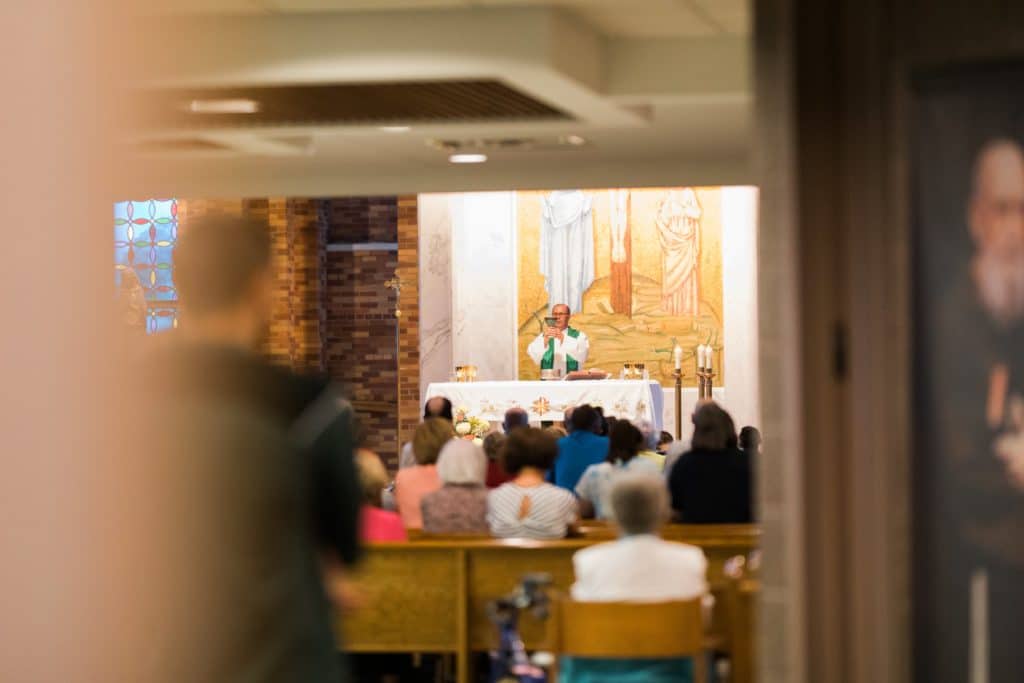“A Catholic, without prayer? It is the same as a soldier without arms.” So says St. Josemaría Escrivá. But prayer can be hard. Time is short and demands are many; where can we find the time to pray? St. Josemaría has an idea:
“Why don’t you try converting your whole life into the service of God — your work and your rest, your tears and your smiles?” Escrivá asks, then urges, “You can … and you must!”
Sanctifying work
Anything can become a prayer, according to St. Josemaría. “Look for holiness in the middle of the world,” he says. That laundry, those dishes, that teetering tower of paperwork on your desk — these do not have to be obstacles to sanctification. Done with care and competence, daily tasks become the means of sanctification.
This doesn’t mean we should disregard prayer in a more traditional sense. But prayer isn’t something that happens outside of daily life. It is the thread that ties all we do together, into one life of service to God. Prayer doesn’t stop when work begins.
Our work — fulfilling our daily responsibilities — becomes an expression of our faith. “You should maintain throughout the day a constant conversation with Our Lord, a conversation fed even by the things that happen in your professional work,” Escrivá writes.
It is a mistake, he cautions, to reduce the Christian life to “a few pious practices.”
“You and I are Christians, but at the same time … we are citizens and workers with clear obligations, which we have to fulfill in an exemplary manner if we really want to become saints,” he writes.
“Add a supernatural motive to your ordinary work and you will have sanctified it.”
Always better, always more
Escrivá suggests we must be as serious about our work as we are about Mass: “It is no good offering to God something that is less perfect than our poor human limitations permit. The work that we offer must be without blemish and it must be done as carefully as possible … for God will not accept shoddy workmanship.”
St. Josemaría encourages us to develop competence in our professions and in our faith. Whatever our obligations at home, school or work, we should strive each day to improve in some way. It is a theme he repeats often, sometimes sternly: “You pray, you deny yourself, you work in a thousand apostolic activities, but you don’t study. You are useless then unless you change. Study — professional training of whatever type it be — is a grave obligation.”
This constant improvement should not be geared toward self-satisfaction. Our goal should always be to serve God and others to the best of our ability (and to always improve upon that ability!).
We should view each role in our lives as an opportunity to offer something to the Lord. St. Josemaría says we should try to be “a good brother, a good companion, a good friend, a good colleague.” We should fulfill our family obligations with joy and be loyal friends.




